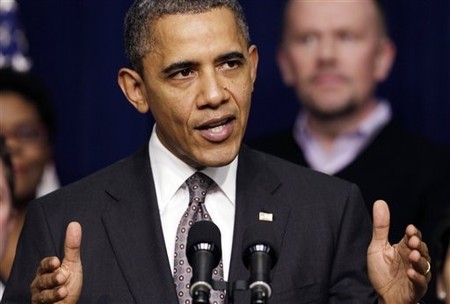Obama's foreign policy trade offs long and short term gains

The last few weeks has revealed an interesting divergence to how the Obama administration treats long and short term risks.
First, there's Iran. We're used to hearing that one of the key interests of the U.S. in the Middle East is the security of oil. But almost every move the Obama administration has made with respect to Iran has driven the price of oil up in the short-term (notwithstanding the impact the global economy is having on oil prices). An administration concerned with lowering oil prices for American consumers would not be actively seeking to keep Iranian crude off global markets or goading Iran into doing the same. Yet the administration is obviously willing to tolerate short-term pain to stave off the long-term implications of an Iranian nuclear weapon.
In Pakistan, and with counter-terrorism more broadly, the administration appears far more concerned with short-term risks than long-term dangers. The sharp deterioration in U.S.-Pakistan relations speaks directly to this - the Obama administration has ramped up drone strikes and cross-border attacks to stem a short-term threat without much concern for the potential long-term damage it is doing. Similarly, Obama's aggressive use of drone strikes and the resulting collateral damage is a strategy that clearly is more concerned with immediate risks than longer-term dangers.
Does the administration have the balance right?
(AP Photo)



